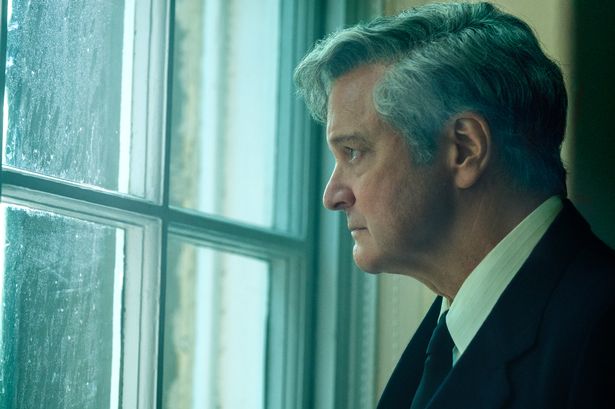The Lockerbie bombing, which occurred on December 21, 1988, remains one of the deadliest acts of terrorism in British history. Pan Am Flight 103, en route from London Heathrow to New York JFK, exploded over the Scottish town of Lockerbie, killing all 259 passengers and crew onboard, along with 11 residents on the ground. Among the victims was 23-year-old Flora Swire, whose father, Dr. Jim Swire, has dedicated decades to uncovering the truth about the bombing and challenging the official narrative. His relentless pursuit of justice has led him to develop a theory that diverges significantly from the conclusions reached by official investigations and accepted by many other bereaved families, creating a complex and often painful divide within the community impacted by this devastating event.
The official investigation, a joint effort between Scottish police and the FBI, ultimately pinned the blame on two Libyan intelligence officers, Abdelbaset al-Megrahi and Lamin Khalifah Fhimah. Megrahi was convicted in 2001 and sentenced to life imprisonment, while Fhimah was acquitted. This verdict, based largely on circumstantial evidence and the testimony of a Maltese shopkeeper, has been met with persistent skepticism. Dr. Swire, along with some other families affected by the bombing, has consistently questioned the validity of the evidence presented and the overall integrity of the investigation. He argues that crucial evidence was withheld or manipulated, pointing to inconsistencies and unanswered questions surrounding the bomb’s origin, the timing of the explosion, and the alleged involvement of the Libyan government.
Dr. Swire’s alternative theory proposes a different chain of events leading to the bombing, one involving a Palestinian group, the Popular Front for the Liberation of Palestine – General Command (PFLP-GC), and potentially a cover-up orchestrated by Western intelligence agencies. He points to evidence suggesting that the PFLP-GC had the motive, means, and opportunity to carry out the attack, and that there were credible warnings of a potential bombing that were ignored. He further contends that the focus on Libya served to deflect attention from other potential culprits and possibly to protect sensitive intelligence operations. This theory, while controversial, has gained some traction over the years, fueled by inconsistencies in the official narrative and revelations about intelligence failures leading up to the bombing.
The conflicting theories surrounding the Lockerbie bombing have created deep divisions within the bereaved families. Many families found solace and a sense of closure in the conviction of Megrahi, while others, like Dr. Swire, feel that the official narrative represents a gross miscarriage of justice. This divide has led to painful disagreements and strained relationships within a community already grappling with immense grief and trauma. The ongoing debate over the bombing also highlights the inherent difficulties in achieving justice and reconciliation in the aftermath of such a complex and devastating act of terrorism. The search for truth often becomes entangled with political considerations, intelligence agency agendas, and the emotional needs of those most affected, making a clear and universally accepted resolution elusive.
The consequences of these conflicting narratives extend beyond the immediate families of the victims. The Lockerbie bombing had profound geopolitical implications, impacting international relations and contributing to the ongoing tensions between the West and Libya. The differing interpretations of the event continue to shape perceptions of terrorism, international justice, and the role of intelligence agencies. The controversy also underscores the importance of transparency and accountability in investigations of this magnitude, as well as the need for a thorough and impartial examination of all available evidence. Without a clear and credible resolution, the shadow of doubt and suspicion will continue to linger over the Lockerbie bombing, perpetuating the pain and uncertainty for those most affected.
Dr. Swire’s tireless campaign for justice, though often met with resistance and criticism, has played a crucial role in keeping the Lockerbie bombing in the public consciousness and prompting ongoing scrutiny of the official narrative. His unwavering commitment to uncovering the truth, even if it means challenging established narratives and confronting powerful institutions, exemplifies the resilience and determination of those seeking answers and accountability in the face of tragedy. Whether or not his alternative theory ultimately gains widespread acceptance, his efforts have undoubtedly contributed to a deeper understanding of the complexities surrounding the bombing and the ongoing search for justice. The Lockerbie bombing serves as a stark reminder of the devastating impact of terrorism and the enduring challenges in achieving closure and reconciliation in the aftermath of such horrific events.














